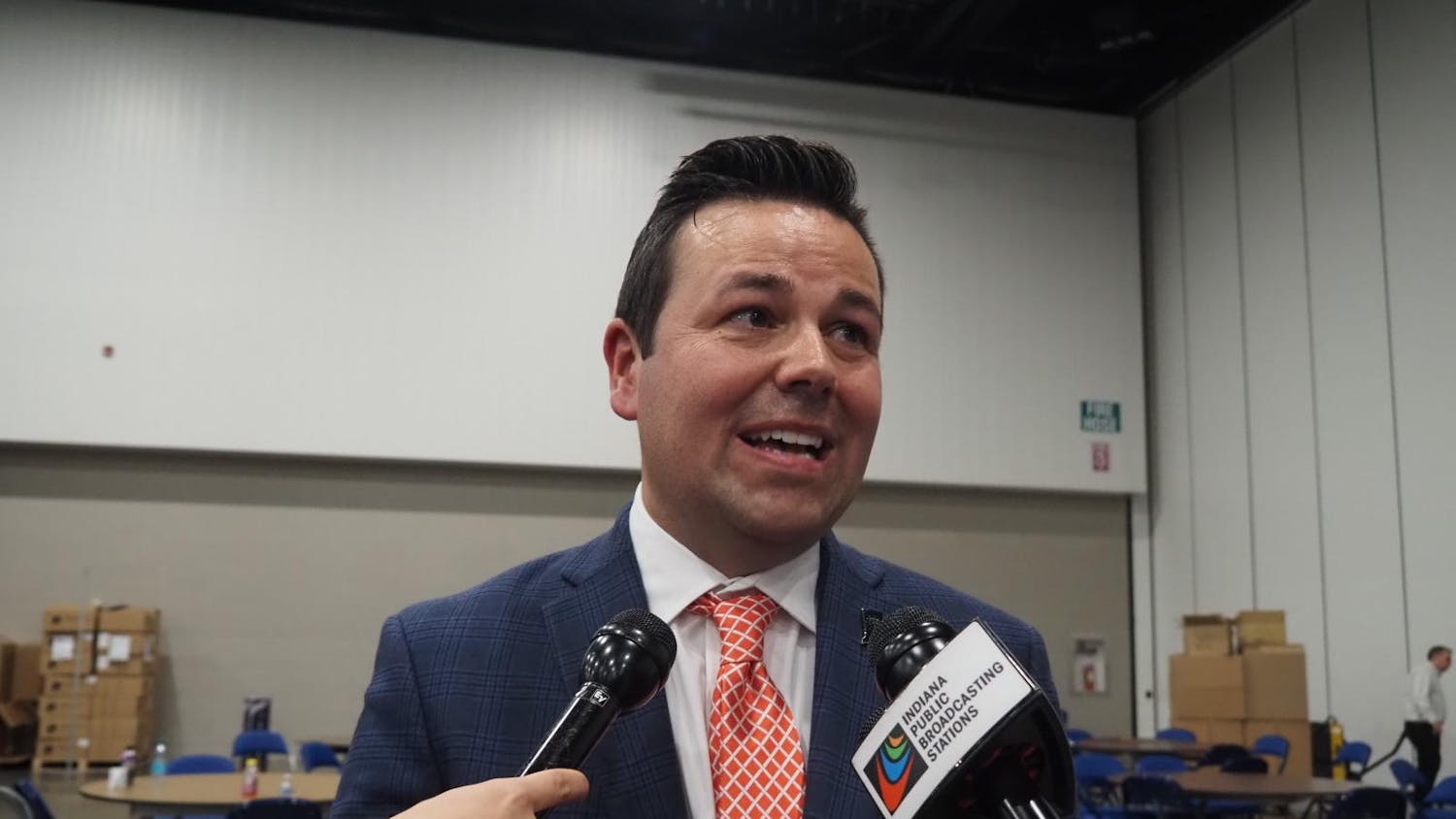With pop and R&B saturating the airwaves, it brings up the question: Where did the rock go? Never fear, children, it has gone to New Zealand, where Garageland has it nuzzled up against its collective bosom.\nGarageland is back with its fourth major-label album and is trying its darndest to rock out. For much of Do What You Want's 13 tracks, the band does its best Pixies impression and hopes no one notices. \nWith a likeness to late 1980's alt-rock bands aside, the first half of the album is strong and upbeat. Andrew Claridge's guitar work on the first seven tracks is hard-hitting and varied. It kept me on my toes and carried the album through the early stages. \nIf Garageland had ended the album there, it would have been a humdinger, but there is a second half to this album. Garageland gets complacent, and Do What You Want trudges to the finish line. As inspired as some of Claridge's earlier guitar work, it quickly becomes mundane and remains that way. It degenerates into something distorted and unintelligible. Consequently, the final five tracks are not as upbeat and do not rock as hard. \nA constant problem on Do What You Want is the vocals of lead singer Jeremy Eade. There are glimmers of hope when he harmonizes with bass player Mark Silvey, especially on "Good Luck" and "Burning Bridges." But for the majority of the album, his voice is weak and often drowned out by the accompanying music. The other band members might have covered Eade's vocals because his lyrics leave something to be desired. They touch on the stock themes of any rock album. I'll be there for you, I'll love you, I miss you. Admirable sentiments, but cliche nonetheless. \nUltimately, Do What You Want is a valiant effort that starts quickly and then quickly loses its way.
Garageland
Foodchain Records
Get stories like this in your inbox
Subscribe





